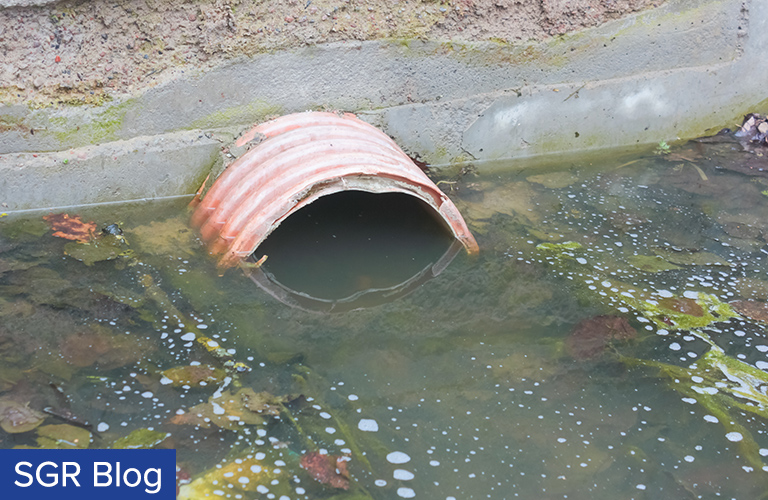
After a ruling by Judge Stephen V. Wilson of the U.S. District Court for the Central District of California in Los Angeles Waterkeeper, et al v. Pruitt, et al, case number 2:17-cv-03454 (August 9, 2018), additional permitting requirements for stormwater discharges may be on the horizon in California and elsewhere. Judge Wilson’s ruling requires that where EPA has determined that stormwater discharges are contributing to water quality impairment in a watershed, it must “either (1) require NPDES permits for the discharges or (2) enforce [the Clean Water Act’s} total proscription of discharges of pollutants” without a permit.
The Los Angeles Waterkeeper and other groups filed suit to require EPA, under Section 402(p)(2)(e) of the Clean Water Act, to utilize its “residual designation authority” to restrict stormwater discharges into watersheds in which it has found that stormwater discharges contribute to the failure of the waters to achieve water quality standards. EPA responded that it has the discretion to address the pollution through methods other than discharge permits. The Court rejected that argument, finding that the statute’s use of the term “may” issue permits did not allow EPA to use methods other than permits to control the effects of the polluted discharges. The term “may” meant that EPA could issue permits instead of banning the discharges. Although the statute does not impose a nondiscretionary duty to control pollution discharges with permits, it does limit EPA’s choices to issuing permits or banning the discharges altogether.
If the ruling stands, it may result in additional permitting requirements for stormwater discharges in California. If it is followed elsewhere, those additional requirements could spread to other states.
For more information on industrial stormwater permit requirements under the Clean Water Act, contact Steve O’Day or Vickie Rusek.

